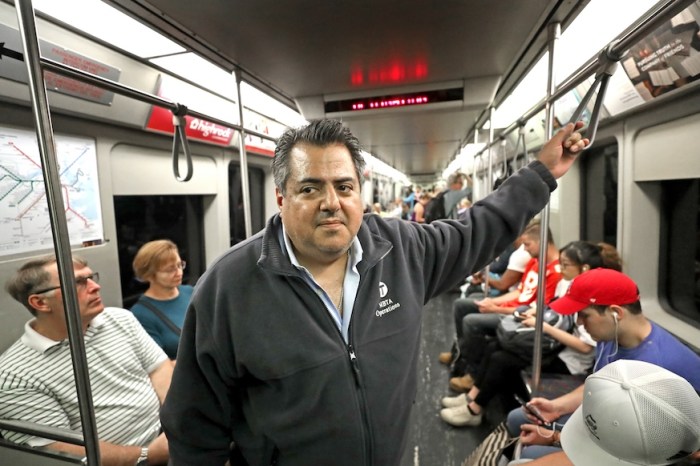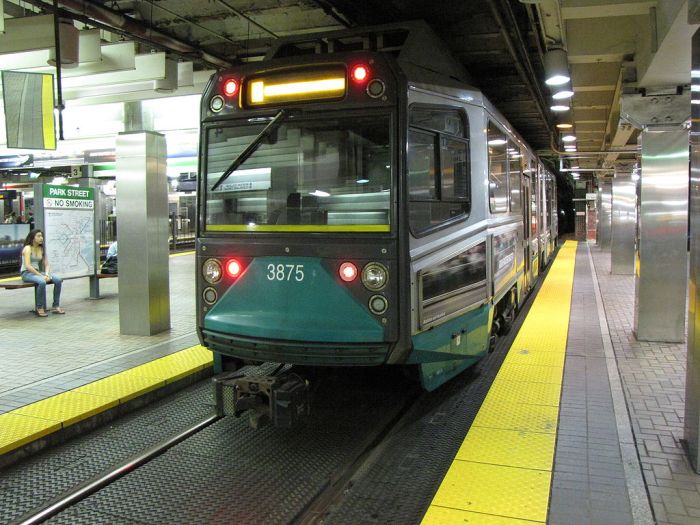A quarter century of change has made a big difference in the lives of Bostonians with disabilities, advocates said at a Wednesday rally that drew hundreds.
It’s been 25 years since passage of the Americans with Disabilities Act, the landmark civil rights law that bans discrimination against the physically and mentally impaired.
In Boston, as in cities around the country, the law has led to changes in the way people with disabilities navigate streets, ride public transit and access public resources, advocates said at the Boston Common rally. “Boston needs to work for everybody,” Felix Arroyo, head of health and human services in Boston, said in a speech.
Progress since 1990 has changed the way Mike Kennedy experiences the city, the Millbury resident told Metro.
Kennedy, who uses a wheelchair, said he remembers in the 70’s relying on cars to get around Boston. Recently, though, he and his wife took the commuter rail from Worcester and visited the Museum of Fine Arts without issue, all thanks to mandated ramps and accessible trains. His trip, he said, was “seamless.”
The MBTA has evolved since ADA’s passage since 1990, when only some stations on the Red and Orange lines were accessible. Now, most stops in the system are equipped with the ramps and elevators, 168 of them, necessary for riders with disabilities. There are still are more than two-dozen stops on the Green Line that are not accessible. At the rally, the service was showing off one of its new busses, which include features that give riders in wheelchairs more room, a dedicated space for bags and hand controls less prone to breaking down. The additions are “life-changing,” said Olivia Richard, a Brighton resident and activist who said she rides the bus every day in her wheelchair.
“On a regular basis, I have to wait for two or sometimes three busses to pass by. I can’t get on because of people with oversized baby strollers, excess luggage and people who just flat out refuse to move,” she told Metro. There is still more to be done for Bostonians with disabilities, even as improvements have come to the city, said Erich Manser, who works as a consultant and tester for IBM’s accessibility products and is visually impaired. “It’s almost like we’re at a point where we take it for granted,” Manser told Metro. “It’s important to be here recognizing the importance and the value of the ADA and certainly celebrating it, but also keep our sleeves rolled up and continue to tackle the work that lies ahead.”


















